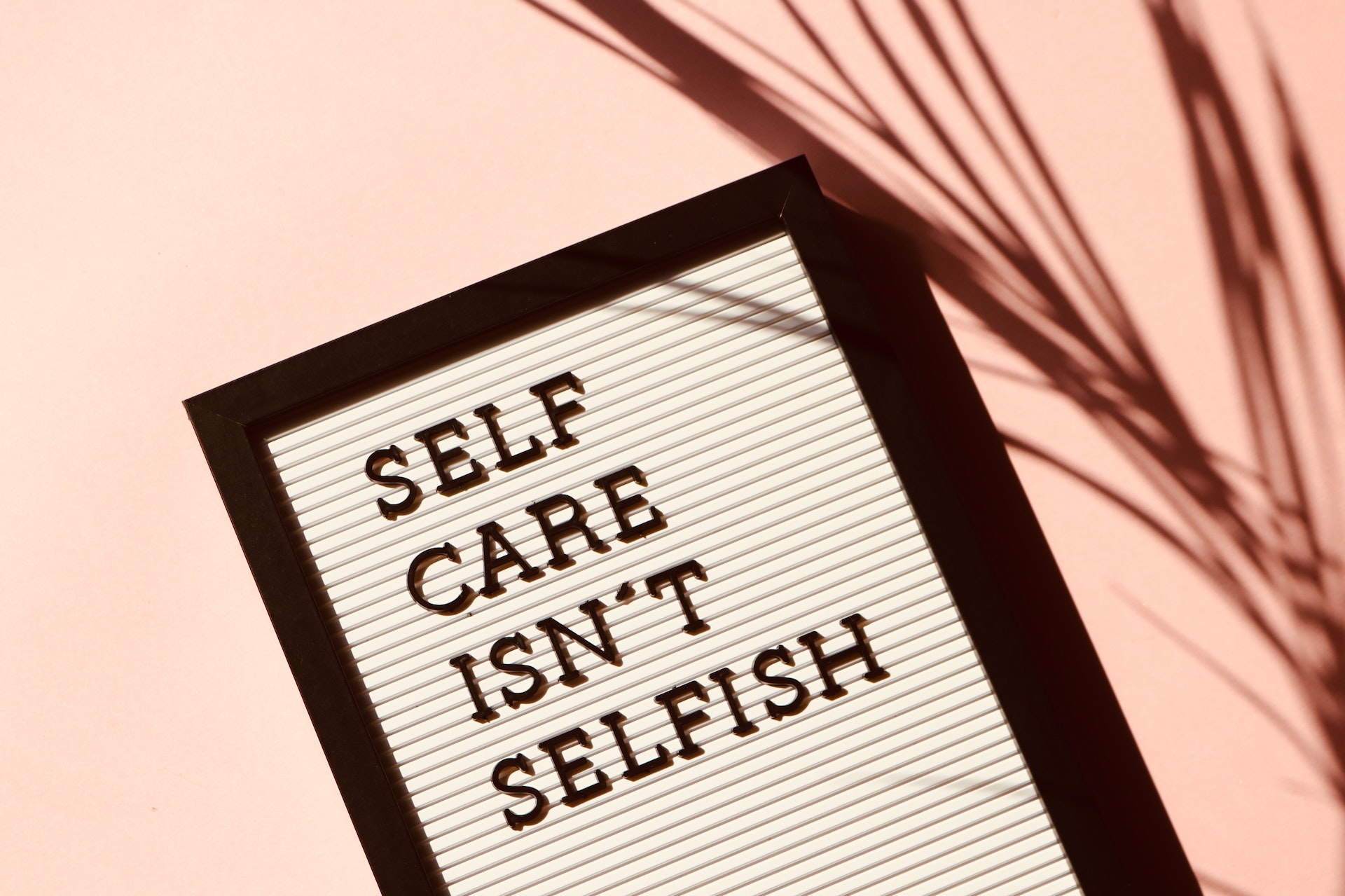In this comprehensive guide, we will delve deep into the topic of “how to improve your mental health.” Your mental well-being is as crucial as your physical health, and understanding how to enhance it can lead to a more fulfilling and balanced life.
Mental health issues affect a significant portion of the population, making it vital to explore strategies and steps to foster mental well-being comprehensively.
Table of Contents
Understanding the Prevalence of Mental Health Issues
To begin our journey toward improved mental health, it is essential to recognize the prevalence of mental health issues.
According to the World Health Organization (WHO), approximately one in four adults in the UK may experience a mental health problem at some point in their lives.
These issues can affect anyone, irrespective of age, background, or demographic.
The impact of mental health problems extends beyond the individual, affecting families, communities, and societies as a whole.
It is imperative to raise awareness about the significance of mental health and the need for proactive steps to address and improve it.

Exploring the Types and Causes of Mental Health Problems
Improving mental health starts with understanding the different types and causes of mental health problems. These conditions are categorized into neurotic and psychotic.
- Neurotic Conditions: Neurotic conditions encompass extreme forms of normal emotional experiences, including:
- Depression: Characterized by persistent sadness, loss of interest or pleasure in activities, and feelings of hopelessness.
- Anxiety Disorders: These include generalized anxiety disorder, social anxiety disorder, and specific phobias, among others.
- Obsessive-Compulsive Disorder (OCD): OCD involves intrusive, repetitive thoughts (obsessions) and the urge to perform ritualistic behaviors (compulsions) to alleviate anxiety.
- Post-Traumatic Stress Disorder (PTSD): PTSD can develop after exposure to a traumatic event, resulting in symptoms like flashbacks, nightmares, and severe anxiety.
- Psychotic Symptoms: Psychotic symptoms affect about one in 100 individuals and significantly interfere with an individual’s perception of reality. Conditions falling into this category include:
- Schizophrenia: Schizophrenia is a complex mental disorder characterized by hallucinations, delusions, disorganized thinking, and impaired emotional expression.
- Bipolar Disorder: Bipolar disorder involves extreme mood swings, including manic episodes (elevated mood and energy) and depressive episodes (low mood and energy).
While the precise causes of most mental illnesses remain unknown, a combination of factors plays a role:
- Biological Factors: Genetics can predispose individuals to mental health conditions. Many mental illnesses run in families, suggesting a genetic link. Certain genetic abnormalities are associated with a higher risk of developing specific disorders.
- Psychological Factors: Traumatic experiences, childhood abuse or neglect, social isolation, and discrimination can contribute to the development of mental health problems. Additionally, chronic stress and difficult life events can act as triggers for individuals who are already susceptible.
- Environmental Factors: Socioeconomic factors, including poverty, unemployment, and homelessness, can increase the risk of mental health issues. Access to quality healthcare and support services also plays a crucial role in mental well-being.
- Chemical Imbalances: Some mental health conditions are linked to imbalances in brain chemicals (neurotransmitters) that affect mood and behaviour. Medications can help restore balance in these cases.

Steps to Improve Your Mental Health
Improving your mental health involves adopting a holistic approach that addresses various aspects of well-being. Here are comprehensive steps to enhance your mental health:
- Seek Professional Help: If you suspect you or someone you know is experiencing a mental health issue, consulting a General Practitioner (GP) is essential. GPs can assess your situation and refer you to the appropriate services or treatments.
- Therapy and Medication: Depending on your condition and individual needs, treatment may involve therapy, medication, or a combination of both. Medication can help alleviate symptoms, while therapy equips you with tools to understand your thoughts and emotions better and develop coping mechanisms.
- Physical Health: Prioritize your physical well-being by maintaining a balanced diet, engaging in regular exercise, ensuring adequate sleep, and avoiding excessive alcohol and drug use. Physical activity, in particular, has been shown to have a positive impact on mental health by reducing symptoms of depression and anxiety.
- Emotional Health: Expressing your feelings, managing stress, practicing relaxation techniques, and engaging in enjoyable activities contribute to emotional well-being. Techniques like mindfulness meditation and deep breathing exercises can help manage stress and improve emotional resilience.
- Social Health: Human beings are inherently social creatures, and maintaining social connections is essential for mental well-being. Stay connected with friends, family, and the community. Joining support groups or volunteering can foster a sense of belonging and support.
- Spiritual Health: Seek meaning and purpose in life. Engaging with your faith or belief system, practicing gratitude, and exploring your values can contribute to spiritual well-being. Engaging in activities that align with your values can give you a sense of purpose and fulfillment.
- Self-Care: Self-care involves taking intentional steps to nurture your mental health. This can include setting boundaries, engaging in hobbies you enjoy, spending time in nature, and prioritizing rest and relaxation. Self-care practices vary from person to person, so it’s essential to find what works best for you.
- Mindfulness and Relaxation: Mindfulness practices, such as meditation and yoga, can help you stay present in the moment and reduce symptoms of stress and anxiety. Learning to relax and manage tension is a valuable skill for maintaining mental well-being.
- Professional Support Networks: Surround yourself with professionals who can provide guidance and support. In addition to therapists and counselors, consider consulting nutritionists, personal trainers, and life coaches to address various aspects of your well-being.
- Medication Management: If prescribed medication, it’s crucial to follow your treatment plan as directed by your healthcare provider. Regular check-ins with your healthcare team can help monitor your progress and make any necessary adjustments to your treatment.
- Education and Advocacy: Educate yourself about your condition and advocate for your mental health needs. Understanding your condition empowers you to make informed decisions about your treatment and care.
- Journaling: Keeping a journal can be a therapeutic way to express your thoughts and emotions, track your moods, and identify patterns in your mental health.
- Routine and Structure: Establishing a daily routine can provide a sense of stability and predictability, which can be particularly beneficial for individuals with mental health conditions.
- Support Systems: Lean on your support system, including friends and family. Communicate your needs and feelings to those you trust, and let them provide emotional support when necessary.

Conclusion
Improving your mental health is a journey that requires attention, care, and support.
Mental health problems are common, but they are not insurmountable.
By seeking help, fostering understanding, and practicing self-care, you can take significant steps toward enhancing your mental well-being.
Remember that your mental health is just as important as your physical health.
By prioritizing and addressing your mental well-being, you can lead a fulfilling and balanced life.
If you or someone you know is struggling with mental health issues, do not hesitate to seek help from resources and organizations dedicated to improving mental health.
Together, we can break the stigma surrounding mental health and ensure that everyone has the opportunity to lead a mentally healthy life.
In conclusion, improving your mental health is an ongoing process that encompasses various aspects of your life.
By taking a comprehensive approach and implementing the strategies outlined in this guide, you can work towards achieving and maintaining mental well-being.
Your mental health matters, and with the right support and resources, you can thrive and lead a fulfilling life.


